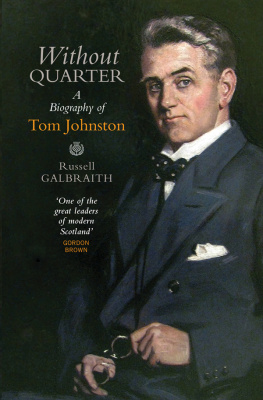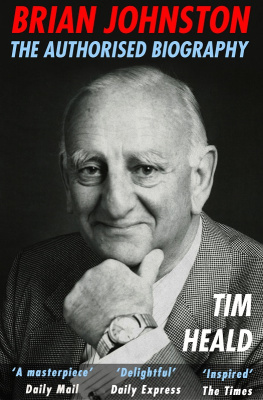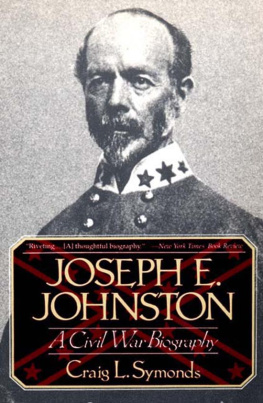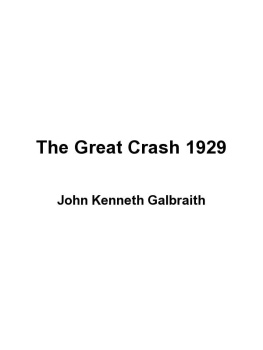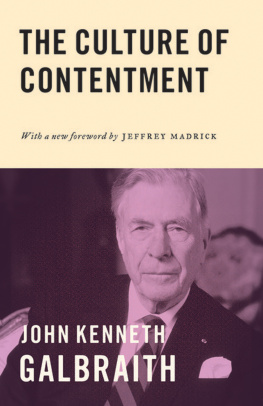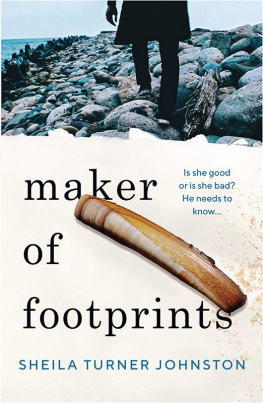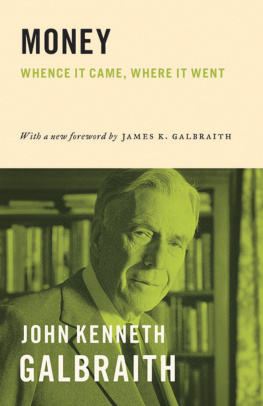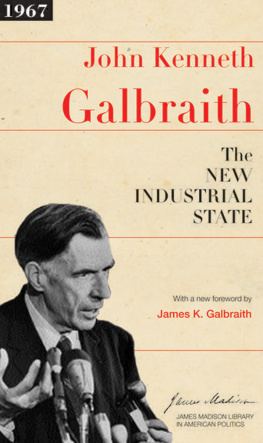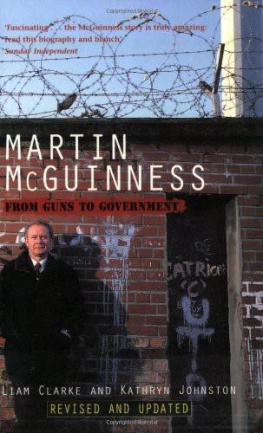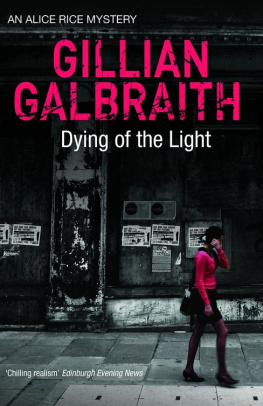Without Quarter
Reactions to the first edition of Without Quarter:
Tom Johnston, journalist, socialist and statesman, did more for Scotland than any other politician this century. Winston Churchill called him the uncrowned King of Scotland. Russell Galbraiths important new biography looks at how Johnston... earned his putative crown. The Herald
Tom Johnston was in politics to change society for the better. Without Quarter shows how he managed to work towards many of his aims. His influence on Scotland remains profound. Hydro News
Galbraith has provided a much needed portrait of a man who, in a country with no Gods and precious few heroes, came closer to the latter than most. David McVey, Cencrastus
I greatly enjoyed the recent political biography of Tom Johnston by Russell Galbraith... He was, in my view, the greatest-ever Secretary of State for Scotland. Bruce Millan in the Daily Express
You have provided me with a full picture of my father, perhaps for the first time. Mrs Mary Knox, Tom Johnstons daughter (private correspondence)
Russell Galbraith has been a working journalist for more than 60 years, starting as a staff trainee with the former Kemsley Newspapers Group in Glasgow. He enjoyed stints as a reporter on the Glasgow Evening News and the Sunday Mail before moving to Edinburgh and The Scotsman in 1958. Four years later he joined Scottish Television as a reporter-interviewer on Here and Now, becoming, in turn, programme editor, director, head of news, current affairs and sport, and assistant controller of programmes. After nearly 30 years with STV, and several programme awards, he joined a leading independent production company as managing director. He continues to work as an independent producer, freelance journalist and author.
Also by Russell Galbraith:
Destinys Daughter: The Tragedy of RMS Queen Elizabeth
George Square 1919
The Hampden Story
Inside Outside: A Biography of Tam Dalyell
WITHOUT QUARTER
A BIOGRAPHY OF TOM JOHNSTON
Russell Galbraith
First published in 1995 by Mainstream Publishing
This new edition published in 2018 by Birlinn Ltd
West Newington House
10 Newington Road
Edinburgh
EH9 1QS
www.birlinn.co.uk
Copyright Russell Galbraith 1995, 2018
The right of Russell Galbraith to be identified as the author of this work has been asserted by him in accordance with the Copyright, Design and Patent Act 1988.
All rights reserved. No part of this publication may be reproduced, stored, or transmitted in any form, or by any means, electronic, photocopying, recording or otherwise, without the express written permission of the publishers.
ISBN: 978 1 78885 050 6
British Library Cataloguing in Publication Data
A catalogue record for this book is available from the British Library
Printed and bound by Clays Ltd, Elcograf S.p.A.
Dedication
This book is for my grandchildren, Natalie Bell and Adam Carnegie, wholl learn much more than Ill ever know
Contents
Illustrations
Tom Johnston, the best dressed man in the local socialist branches
The masthead of Forward
Our Noble Families
Tom Johnston, general manager of The City of Glasgow Friendly Society
A young Tom Johnston seeks election to the Kirkintilloch School Board
Tom Johnston being made freeman of Kirkintilloch
Tom Johnstons matriculation at Glasgow University
Ramsay MacDonald
James Maxton
John Wheatley
John MacCormick
Tom Johnston bowling
Dumbarton Road, Clydebank, following a visit by the Luftwaffe
Tom Johnston attends a funeral service for victims of the Clydebank blitz
Winston Churchill
Harry Hopkins
A plaque commemorating a visit by President Roosevelts special envoy, Harry Hopkins, in World War Two
Clement Attlee
HM Queen Elizabeth at Loch Sloy with Tom Johnston
HM Queen Elizabeth opens Loch Sloy
Sir Roy Robinson
Churchill presses Tom Johnston to become a Companion of Honour
Portrait of Tom Johnston by Sir Herbert James Gunn
Tom Johnston fishing with his wire-haired fox terrier, Dougie
A telegram of condolence from the Queen
Tom Johnston, a man of destiny
Photographs and illustrations courtesy of East Dunbartonshire Libraries, local studies; Forestry Commission; Millennium Hotel, Glasgow; National Galleries of Scotland; Scottish Friendly Assurance Society; US Library of Congress; West Dunbartonshire Council, Libraries and Cultural Services. Thanks are also due to Nicholas Simpson and Derek Wightman for their assistance during the preparation of the illustrations.
Foreword
Gordon Brown, Prime Minister 20072010
While Tom Johnston left a major legacy of achievement, particularly as a wartime Secretary of State for Scotland, it could be argued that he left office just at the time he could have had most impact.
Had he stayed on after 1945 he would have been the major figure dominating the reconstruction of postwar Scotland. Moreover, it is unlikely that if he had stayed in office the issue of Scottish devolution would have been so neglected by the Labour government of 1945.
And if he had stayed on after his great achievement of the first part of the 1940s to lay the foundations for a National Health Service in Scotland in advance of the UK he would have been far better recognised by historians, but also by his contemporaries and indeed by the Scottish people, as the architect of the NHS alongside Aneurin Bevan. As we shall see, he, above all others, in the pre-1945 years, insisted on an NHS that was free at the point of need.
In many ways everything he did up to 1945 was a preparation for the postwar work of Attlees reforming Labour government and he deserves more credit than that yet received for laying these foundations.
Johnstons political career started in earnest with his editorship of the newspaper Forward in 1906 and his weekly rallying call for socialists across the whole of Scotland that was so important in moving Scotland towards the Labour landslide of 1922. We came because we had to, said Johnston in his first editorial in October 1906.
It was, he said a mad hare-brained enterprise. Anxious to bridge the divide between Catholics and Protestants, he said, We shun sectarianism as we shun smallpox. We have been influenced by Ruskin, Morris, Blatchford and the Fabian Society. We had a De Leonite and a Marxian in our entourage. Forward was so successful that it was selling 20,000 copies by 1911 and his weekly propaganda was absolutely critical in making the case for radical change. He showed a great deal of courage in taking on the Scottish aristocracy with his book Our Scots Noble Families, whom of course he found not to be noble at all, and his History of the Working Classes in Scotland.
And when it came to the Clydeside group, to which he was elected as MP for West Stirlingshire in 1922, he deserves greater credit than he has been given. Maxton was the orator of genius. Wheatley was the political organiser. Kirkwood, Smillie and, at times, Shinwell were the industrial agitators. But Johnston was the policy-maker, providing intellectual substance and, with John Wheatley, political direction on social and economic intervention.


